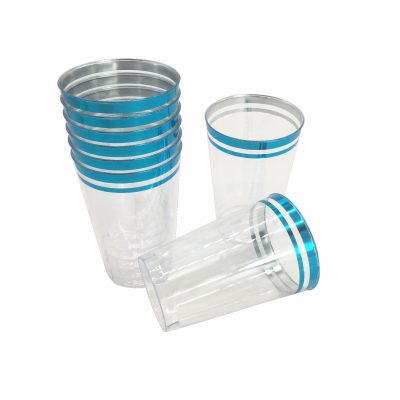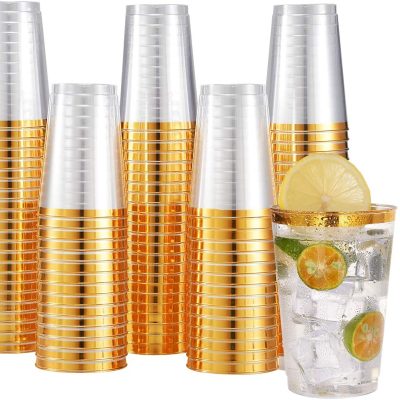When it comes to plastic cups, many people will think of words full of misunderstanding and prejudice, such as “toxic” and “harmful to the body”. However, in the 1980s and 1990s, when living materials were in short supply, ordinary families could only drink water from glass cans, medical saline bottles with rubber stoppers, and marching water bottles.
Nowadays, plastic cups have become an important drinking tool in daily life for more and more people because of their lightness and convenience. As long as the plastic cup is carefully selected and used correctly, it is still safe and healthy. Like a glass cup, the material determines the quality of a plastic cup with a high probability.
#01Which material is used for the plastic cup?
The materials we call “plastics” actually have a very rich variety, among which, Fuguang uses polycarbonate (PC), polypropylene (PP), polyphenylene sulfone resin (PPSU) and Tritan™ as our products. Main material.
PC – a very versatile plastic
PC is a kind of plastic material with good toughness and high strength, but many people question the safety of PC material plastic cups, thinking that the bisphenol A contained in it will bring potential health risks.
In fact, the international research on the safety and health of BPA (bisphenol A) is very thorough. Based on the massive health and safety research data, it has been concluded that according to the current method of use, BPA will not pose a risk to human health.
Tips: In order to further ensure safety, it is recommended to hold drinking water below 70°C when using Fuguang PC water cups (the specifics are subject to the product manual). If the cup is damaged or cracked, please replace it in time.
PP – the only microwaveable plastic
The heat-resistant temperature of PP is as high as 130°C, and it can often be seen in refrigerated and microwaveable plastic products. At the same time, because of its wear resistance, corrosion resistance, strong impact resistance and other characteristics, it is also a popular raw material for plastic cups in the market.
PPSU – “soft gold” in plastics
Maternal and infant grade PPSU, with transparent honey-colored luster, BPA-free, safe and tasteless, light and resistant to falling. Most importantly, it can withstand repeated high-temperature retort sterilization, which also makes it the material of choice for baby bottles.
Tritan – “Hermes” in plastic
As a new generation of copolyester material, the safety of Tritan™ has been confirmed by the U.S. Food and Drug Administration (FDA), and it is also the designated material for infant products in Europe and the United States. Its transparency is comparable to crystal glass, it is durable in the environment of daily life, and it will hardly soak or absorb liquid. It is so light that it is also widely used in drinking glasses.








